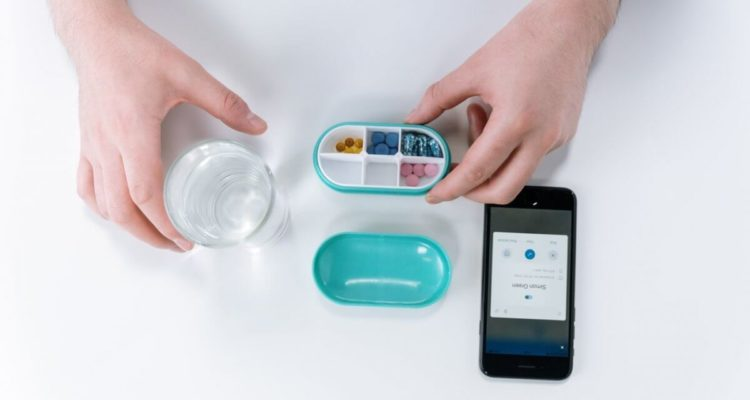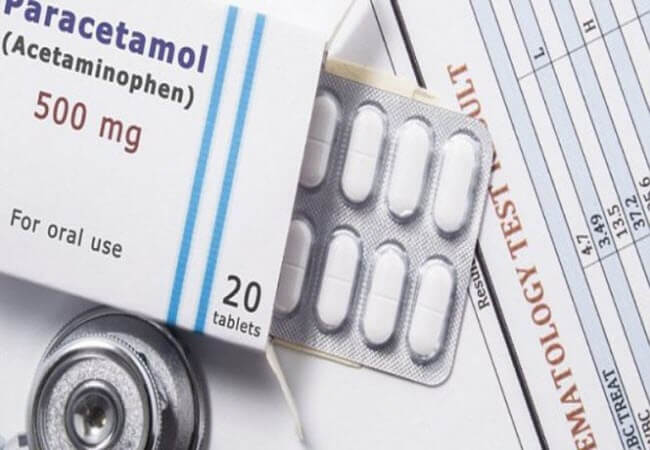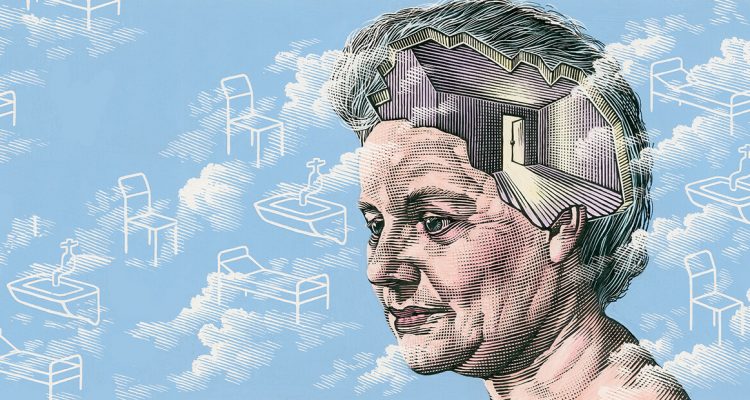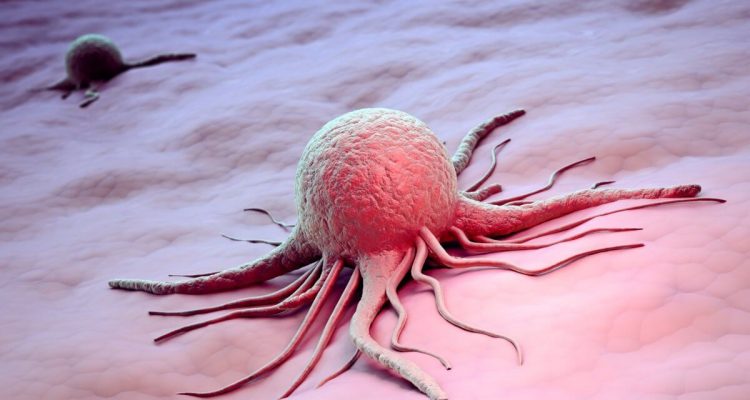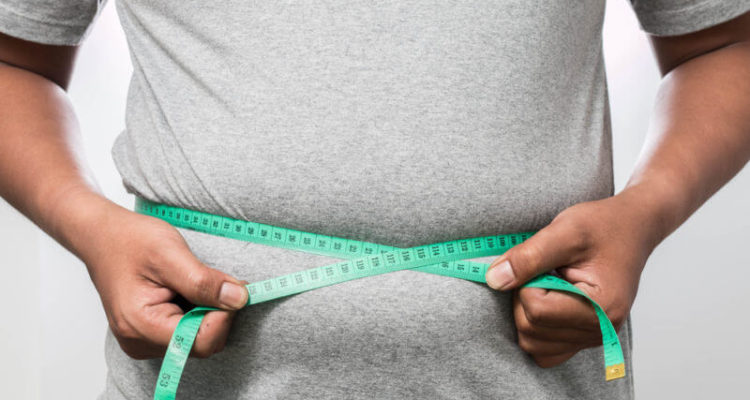One of the reasons why coffee is not usually given to children is the widely held belief that the caffeinated beverage can stunt children's growth. But is it so? Experts conducted research to find out whether caffeine really affects the growing body of a child, and also explained what other factors should be paid attention to.

The answer is a resounding no: there is no evidence that coffee or caffeine inhibits growth and development in childhood. At the same time, human growth is largely determined by other factors. For example, hundreds of identified genes are responsible for approximately 16% of human growth.
The child's general health also plays a role. For example, repeated infection in childhood can slow down the assimilation of food and bone growth, writes Livescience. What's more, access to essential nutrients such as milk in the early years also affects growth, as does the mother's diet during pregnancy, the study said.
Why do some people still believe that coffee can slow down a child's growth? In the 1980s, several studies showed that regular coffee drinkers were at increased risk of osteoporosis because caffeine could increase calcium excretion (although the effect was small). If caffeine is capable of weakening bones, then it is logical to assume that higher caffeine intake in childhood would lead to lower growth.
However, it turns out that there is another variable at play: coffee drinkers also tend to consume less milk, the main source of calcium. In other words, the cause of the problem was most likely not coffee, but a lack of calcium. Moreover, more recent studies have found no link between osteoporosis and coffee consumption.


 135
135

